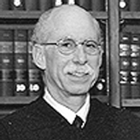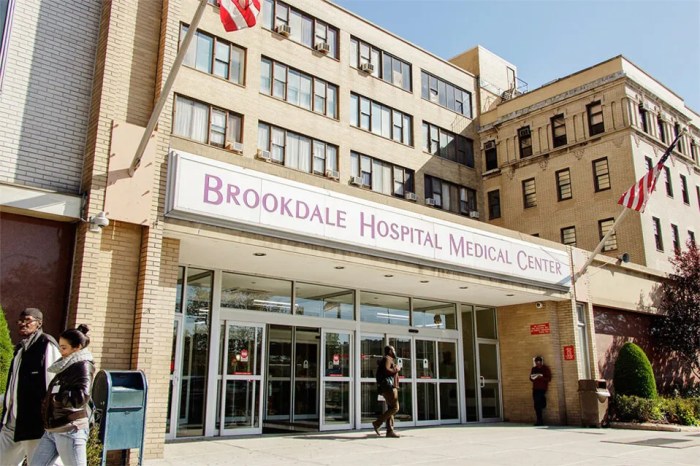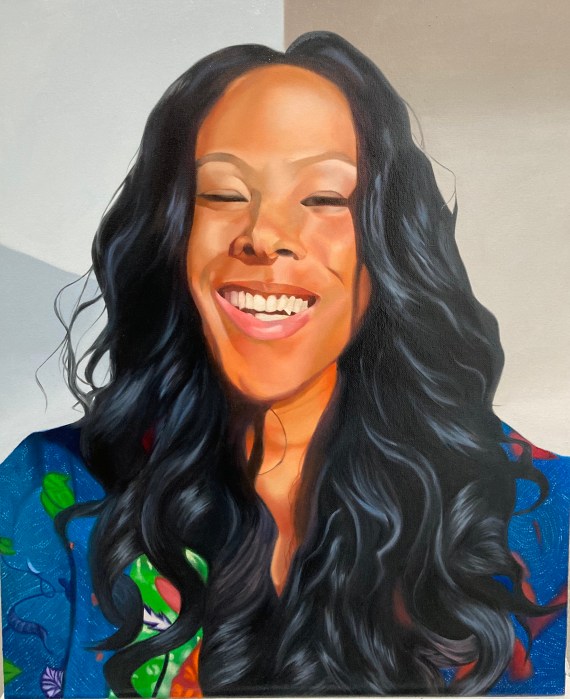State judge saying gay Jewish 9-11 relief worker can pursue discrimination, retaliation claims
A New York State trial judge ruled on November 16 that the religious exemptions in the New York State and City Human Rights Laws would not necessarily block a discrimination and retaliation lawsuit against the Salvation Army by a gay Jewish social worker hired after September 11, 2001, to work on World Trade Center relief and abruptly discharged in January 2002 after complaining about harassment by his supervisor.
According to Justice Richard Braun, the “narrow” exemption provided for religious organizations does not give them permission to engage in discriminatory conduct of the type alleged by the plaintiff.
Zachary Logan began working for the Salvation Army as a senior caseworker in connection with World Trade Center Disaster Relief in October 2001. He claims that Michelle Pallak, his supervisor, subjected him to hostility due to his religion and sexual orientation. Logan charges that Pallak undermined him in his job and treated him differently from heterosexual employees. In mid-December, he claims that she said to him, “I wonder how the officers would feel if they knew they had a Jewish fag working for them.”
Logan reported the abusive behavior to the Salvation Army’s Human Resources representative, but claims the harassment continued. When Logan met with that official, he was reprimanded for complaining and terminated the following week. Logan claims that after he was fired Pallak commented to his former co-workers that she hoped Logan “did not play the gay card.”
Logan’s lawsuit asserts six different legal claims––sexual orientation discrimination and religious discrimination under the state and city human rights laws, and retaliation under both of those laws. The Salvation Army, in a rush to dispose of the case, filed a motion seeking immediate summary judgment against Logan on the ground that it was immune from the law. Braun pointed out that this was premature, though he accepted the Salvation Army’s argument that because the sexual orientation discrimination provisions of the state law did not go into effect until January 2003, a year after Logan was discharged, he could not sue on that basis. However, he denied the motion to dismiss the other five legal claims.
The state human rights law states that it shall not be “construed to bar any religious or denominational institution or organization, or any organization operated for charitable or education purposes, which is operated, supervised or controlled by or in connection with a religious organization, from limiting employment… or giving preference to persons of the same religion or denomination or from taking such action as is calculated by such organization to promote the religious principles for which it is established or maintained.” The city law has a similar provision with slightly different wording. The Salvation Army, a Christian organization that has been accepted in prior lawsuits as a religious organization for purposes of the law, claimed that these “religious exemption” provisions relieve it of any responsibility not to discriminate against individuals who are Jewish or gay.
Braun sharply disagreed, relying on a decision by New York’s highest court in a 1994 case involving St. John’s University. The Catholic university had discharged a long-serving Jewish administrator, who then brought religious discrimination charges. While denying that it had discriminated, St. John’s alternatively argued that it was protected from liability by the law’s religious exemption. The trial and intermediate appeals courts dismissed the case. Writing the Court of Appeals, the state’s highest, Chief Judge Judith Kay found that the exemption was narrow, and dismissal would not be appropriate because there was a factual question whether the administrator was terminated to promote the religious principles of the institution or there was some other discriminatory motivation.
“The exemption does not license a religious employer to engage in wholesale discrimination, “ Kaye wrote. “A religious employer may not discriminate against an individual for reasons having nothing to do with the free exercise of religion and then invoke the exemption as a shield against its unlawful conduct.”
Braun expanded on Kaye’s rationale in the St. John’s case.
“Limited exemptions for religious organizations are a far cry from letting them harass their employees and treat the employees in an odiously discriminatory manner during their employment, and to use derogatory expressions toward the employees,” he wrote.
Braun was striking out on new ground as far as the sexual orientation discrimination claim under state law is concerned. He specifically took note of the recent federal court decision on October 13, reported in Gay City, which dismissed sexual orientation discrimination claims against the Salvation Army, but not retaliation claims.
gaycitynews.com



































